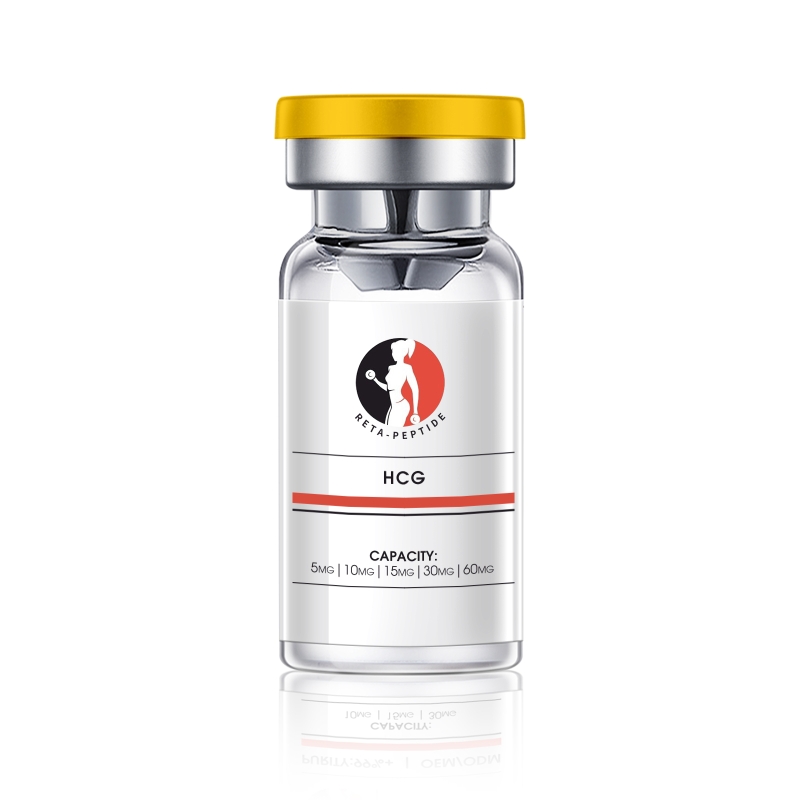-
Categories
-
Pharmaceutical Intermediates
-
Active Pharmaceutical Ingredients
-
Food Additives
- Industrial Coatings
- Agrochemicals
- Dyes and Pigments
- Surfactant
- Flavors and Fragrances
- Chemical Reagents
- Catalyst and Auxiliary
- Natural Products
- Inorganic Chemistry
-
Organic Chemistry
-
Biochemical Engineering
- Analytical Chemistry
-
Cosmetic Ingredient
- Water Treatment Chemical
-
Pharmaceutical Intermediates
Promotion
ECHEMI Mall
Wholesale
Weekly Price
Exhibition
News
-
Trade Service
Tris(4-hydroxyphenyl)ethane, commonly referred to as TPHP, is a chemical compound that is widely used in the production of various consumer goods, including toys, electronics, and cosmetics.
In the chemical industry, TPHP is considered to be an upstream product, as it is a raw material used in the production of other chemicals and products.
One of the most common downstream products of TPHP is 4,4’-dihydroxybenzophenone, which is used as a component in the production of certain types of plastics and resins.
TPHP is also used as a precursor in the production of certain types of dyes, pigments, and other chemical substances.
In addition to its use as a raw material in the production of other chemicals, TPHP is also used in a number of different applications in its own right.
For example, it is commonly used as a preservative in cosmetics and personal care products, and it is also used in the production of certain types of food and beverages.
In recent years, there has been growing demand for TPHP due to its widespread use in the production of consumer goods, and this has led to increased interest in the development of more efficient and cost-effective production methods.
In particular, there has been a focus on the development of new methods for the synthesis of TPHP, as well as new processes for its purification and isolation.
One of the key challenges in the production of TPHP is the requirement for a highly pure starting material, as even small amounts of impurities can have a significant impact on the quality of the final product.
As a result, there has been a focus on the development of new methods for the purification and isolation of TPHP, as well as the use of advanced analytical techniques to ensure the highest possible level of purity.
Another important consideration in the production of TPHP is sustainability, as there is growing demand for chemicals that are produced in an environmentally responsible manner.
As a result, there has been a focus on the development of new methods for the production of TPHP that are more sustainable and that reduce the impact on the environment.
In conclusion, TPHP is a widely used raw material in the chemical industry, and it is used in the production of a number of different downstream products.
Due to its widespread use in the production of consumer goods, there is a growing demand for TPHP, and this has led to increased interest in the development of more efficient and cost-effective production methods.
In order to meet this demand, there is a need for sustainable and environmentally responsible production methods that can ensure the highest possible level of purity and quality.







